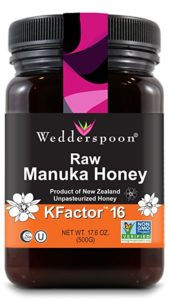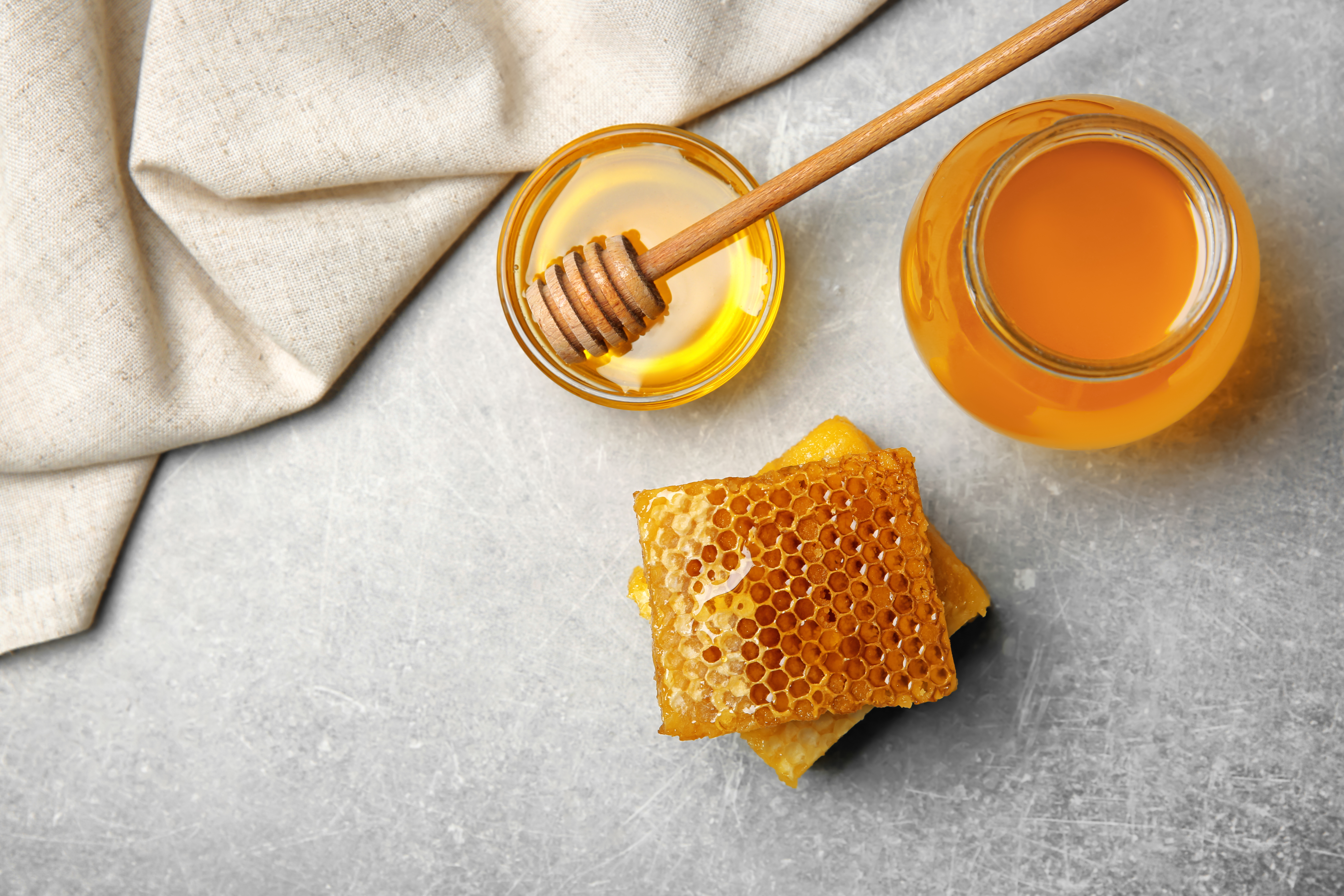There are lots of health food claims out there, and it’s always good to approach them with a healthy dose of skepticism. Luckily, honey is one of those health foods that is definitely living up to its reputation as a health food as scientists continue to discover its impressive health benefits, and one of them is it’s antibacterial properties. Scroll down to know more about its antibacterial properties.
Because honey has a low water content and high sugar content, it’s very difficult for bacteria to grow in it. What’s more, due to the hydrogen peroxide added to honey by the bees, it’s difficult for microbes to grow, too.
In the end, it is antibacterial and antimicrobial, and because of these properties, it’s an effective powerhouse against dozens of bacterial strains, including E. Coli and salmonella, according to studies.
And when it comes to staph and certain digestive bugs, honey’s antibacterial activity can fight against these problems, too.
But is all honey equally effective? The answer is no. Some are highly processed and / or mixed with other ingredients, and instead of being a antibacterial food, it ends up being a sugary syrup instead.
So, it’s best to find locally grown honey, which hasn’t been heated or processed too much. If that’s not available in your area, you can try New Zealand’s Wedderspoon Raw Premium Manuka Honey, which can provide you with the naturally-occurring antibacterial and antimicrobial properties of honey.

Source: www.amazon.com
So, whether you add it to your next cup of tea or coffee, or drizzle it over your Greek yogurt, or a steaming stack of pancakes, you can feel good, rather than guilty, about eating this powerful sweet food.




